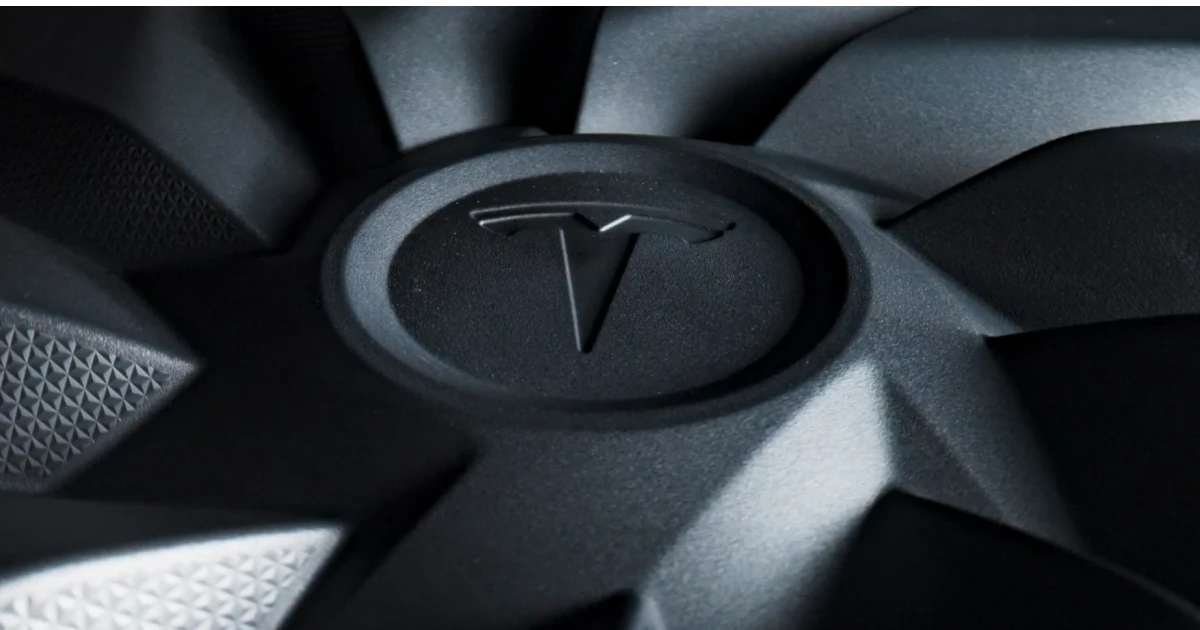Fortnite is an online multiplayer video game developed by Epic Games and released in 2017. Known for its Battle Royale mode and cross-platform gameplay, Fortnite quickly became one of the most played and most-watched games in the world.
The game is free to play but monetized through in-game purchases like cosmetic skins and battle passes - a model that played a central role in the company’s dispute with Apple.
In a statement posted on the official Fortnite X account, the company wrote: “Apple has blocked our Fortnite submission, so we cannot release to the US App Store or to the Epic Games Store for iOS in the European Union. Now, sadly, Fortnite on iOS will be offline worldwide until Apple unblocks it.”
This comes after a major dispute between Epic Games and Apple over in-app payment systems. Epic attempted to bypass Apple’s payment processing, which led to the game being delisted and triggered a high-profile lawsuit between the two tech giants.
Although the legal battle has since concluded in the U.S., Fortnite has remained unavailable on iPhones, leaving many users without access unless playing via cloud gaming platforms.
With the EU’s Digital Markets Act taking effect in 2024, Apple has been required to allow third-party app stores on iOS devices in Europe. This sparked speculation that Epic might reintroduce Fortnite to iPhones in the EU via its own app store.
However, despite these regulatory changes, Epic clarified that Fortnite is not currently playable in either the U.S. or in EU. No timeline has been provided for its return.
At this time, the only way to access Fortnite on iPhone is through third-party cloud gaming services, such as Xbox Cloud Gaming and NVIDIA GeForce Now, which stream the game via the Safari browser.
The company’s latest statement confirms that users in both the EU and the U.S. will need to continue using alternative platforms to access Fortnite.
It is unclear when, or if, users will be able to play Fortnite on iPhone again. While Epic has expressed interest in returning to iOS, the current status suggests ongoing complications in navigating Apple’s policies, even under new regulations.




.webp)










